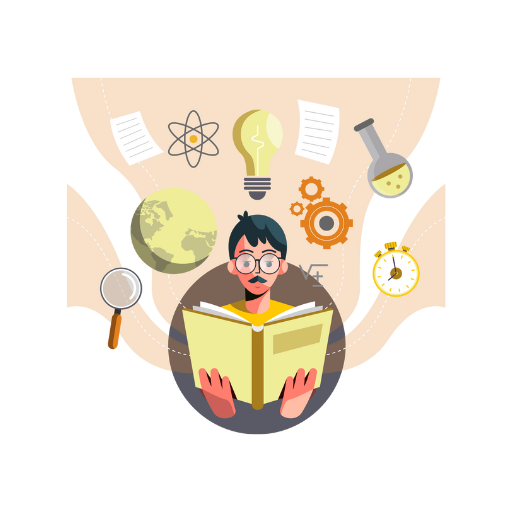IB Comprehensive Syllabus
The International Baccalaureate (IB) syllabus for 2025 includes updates across several subjects to reflect modern educational priorities, such as integrating interdisciplinary learning, enhancing critical thinking skills, and emphasizing sustainability and global awareness. Here are some of the notable subject-specific changes for the 2025 exam session:
IB Syllabus 2025 - Key Updates
The International Baccalaureate (IB) syllabus for 2025 includes updates across several subjects to reflect modern educational priorities, such as integrating interdisciplinary learning, enhancing critical thinking skills, and emphasizing sustainability and global awareness. Here are some of the notable subject-specific changes for the 2025 exam session:
IB Physics Syllabus 2025 Updates
The syllabus includes a broader mathematical toolkit, emphasizing skills such as graphing, uncertainties, and dimensional analysis. Students are expected to handle complex data more effectively and develop deeper analytical skills.
Internal Assessments (rebranded as “Scientific Investigations”) encourage collaborative experiments, but reports must be individual. The word count for reports excludes charts, diagrams, and bibliographies.
IB Chemistry Syllabus 2025 Updates
New content focuses on real-world applications, including sustainability and green chemistry. The syllabus aligns with modern scientific practices and enhances laboratory and data interpretation skills
IB Math Syllabus 2025 Updates
Greater integration of technology and a stronger focus on real-life problem-solving, with applications in sciences, economics, and social studies.
Both “Mathematics: Analysis and Approaches” and “Mathematics: Applications and Interpretation” emphasize mathematical reasoning and the use of software tools
IB TOK (Theory of Knowledge) Syllabus 2025 Updates
The syllabus remains aligned with exploring knowledge frameworks and Areas of Knowledge (AoKs). Updated prompts and examples ensure relevance to contemporary global contexts.
These updates aim to enhance interdisciplinary learning and equip students with skills for academic and professional success. For detailed subject guides, you may consult your school or refer to the IB official curriculum documents.
Get access to our free IB resources

IBDP Study Notes

IB IA Ideas

IB CAS Ideas

IB Extended Essay Ideas
FAQs – IB Syllabus 2025
The International Baccalaureate Organization (IBO) was founded in 1968 in Geneva, Switzerland. It is a non-profit organization.
The three IB programs are:
PYP – Primary Years Program for 3-12 years old (Kindergarten to Class 5)
MYP – Middle Years Program for 11-16 years old (Class 6 to Class 10)
DP – Diploma Program for 16-19 years old (Class 11 and Class 12)
The new IB Physics course was introduced in 2023, with the first assessments scheduled for May 2025. Here’s the good news: Think Smart Tutors is here to support you every step of the way, simplifying and explaining every aspect of the updated 2023 IB Physics syllabus.
The IB syllabus is typically updated every 7 years, with any changes being implemented and followed for that duration before the next revision.
The IB offers four programs based on age:
- The Diploma Programme (DP) for students aged 16 to 19.
- The Middle Years Programme (MYP) for students aged 11 to 16.
- The Primary Years Programme (PYP) for students aged 3 to 12.
All higher education institutes in India recognize the IB for admissions into the undergraduate programmers.
In the US, certain universities do provide credit for certain subjects depending on how relevant they are to your course. However, this depends on each university.
The maximum word count is 3,000 words.
Important note: The IB guidelines specify that the following are not included in the word count for your IB Physics IA: charts, diagrams, and data tables.
Which is more challenging, IB or CBSE? The IB program is generally seen as more demanding due to its rigorous curriculum and assessment methods, which focus on critical thinking and go beyond rote memorization.
The five most challenging IB subjects—HL Mathematics, HL Physics, HL Chemistry, HL Economics, and HL English Literature—are tough due to their complex content, heavy workload, and rigorous assessments. However, with effective strategies and dedication, success in these courses is achievable.

